Music, Modernity and Publicness in India
With the onset of modernity in twentieth-century India, new social arrangements gave rise to new forms of music-making. The musicians were no longer performing exclusively in the princely courts or in the private homes of the wealthy. Not only did the act of listening to and appreciating music change, it became an important feature of public life, thus influencing how modernity shaped itself. This volume attempts to study the connections between music and the creation of new ideas of publicness during the early twentieth century. How was music labelled as folk or classical? How did music come to play such a catalytic role in forming identities of nationhood, politics, or ethnicity? And how did twentieth-century technologies of sound reproduction and commercial marketing contribute to changing notions of cultural distinction? Exploring these interdisciplinary questions across multiple languages, regions, and musical genres, the essays provide fresh perspectives on the history of musicians and migration in colonial India, the formation of modern spaces of performance, and the articulation of national as well as nationalist traditions.
Get it now and save 10%
BECOME A MEMBER

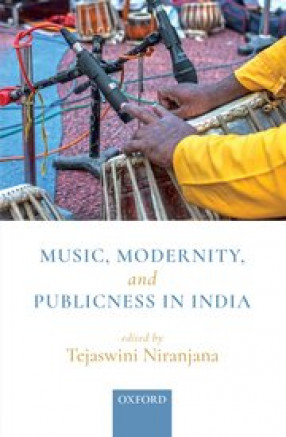
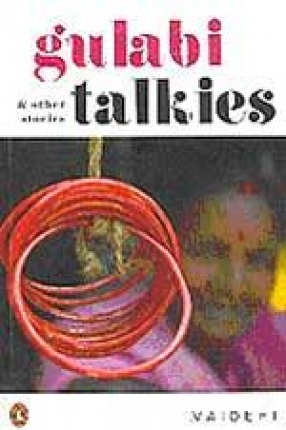
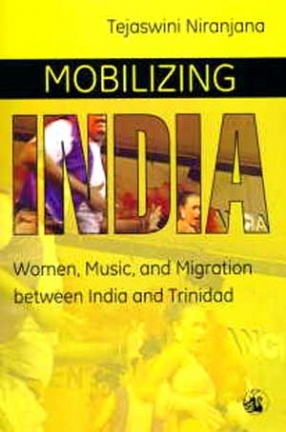
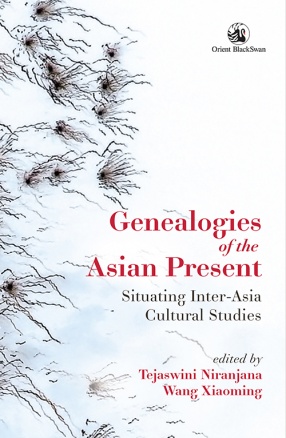
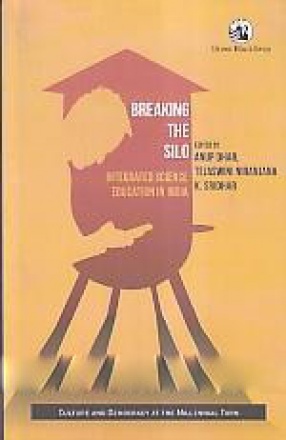
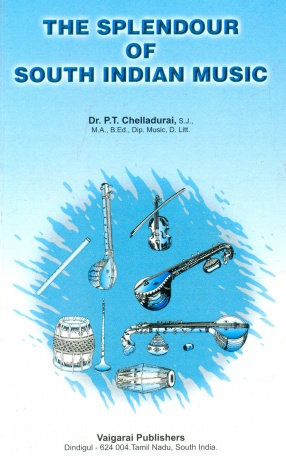
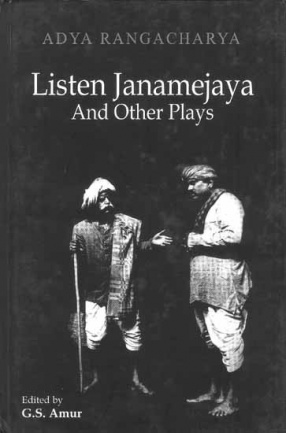
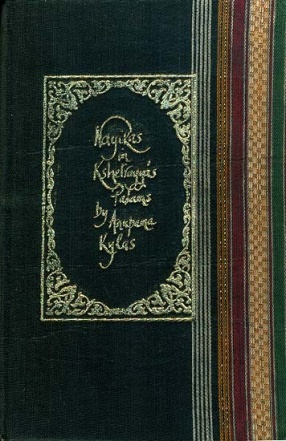
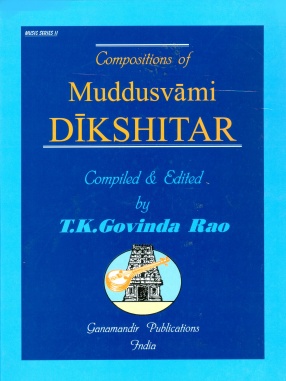

Bibliographic information